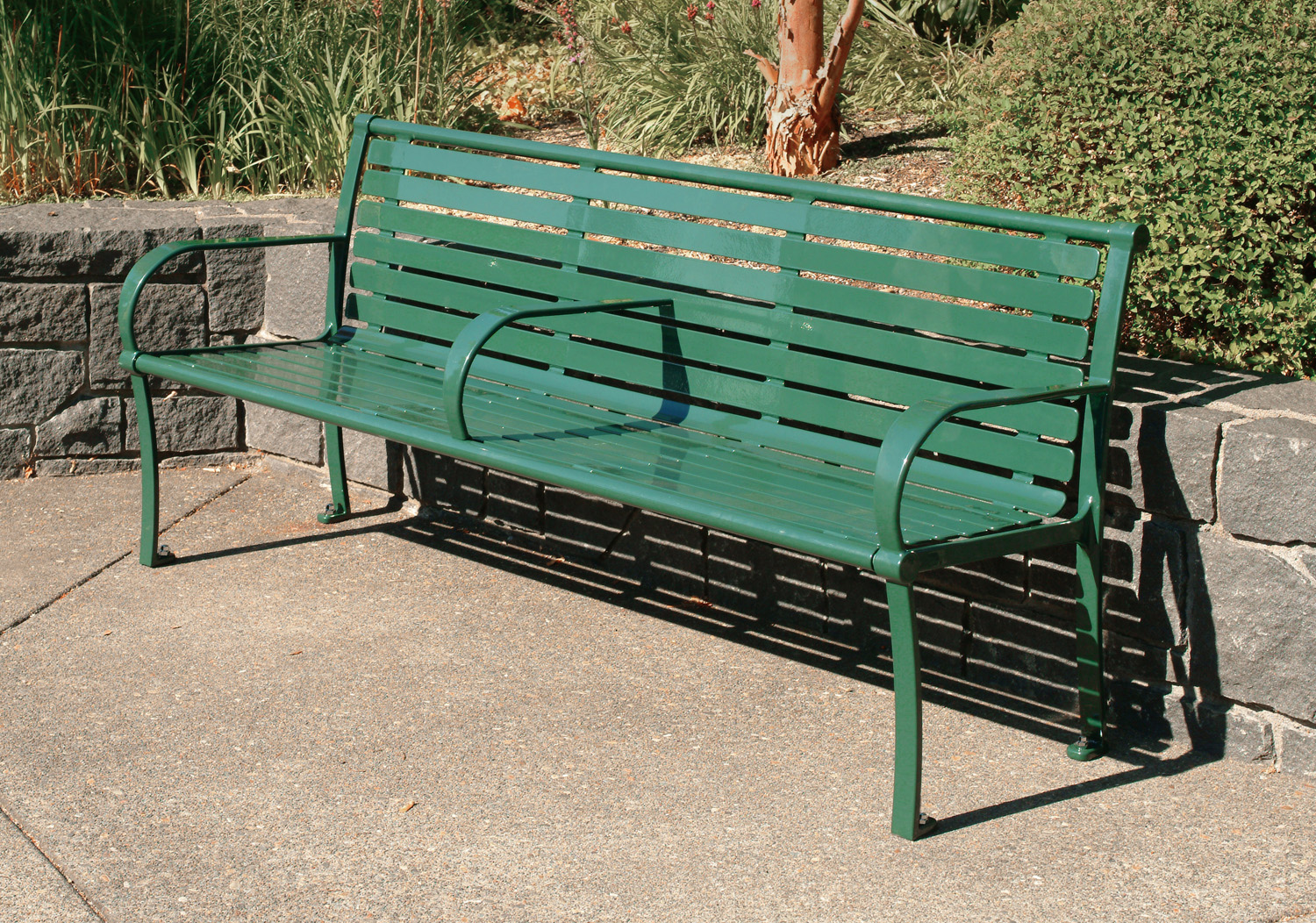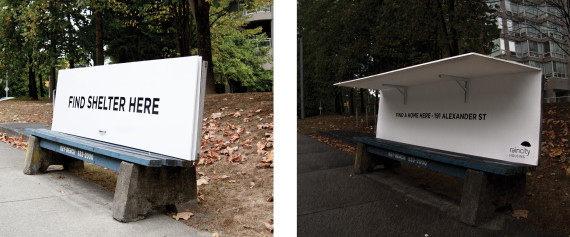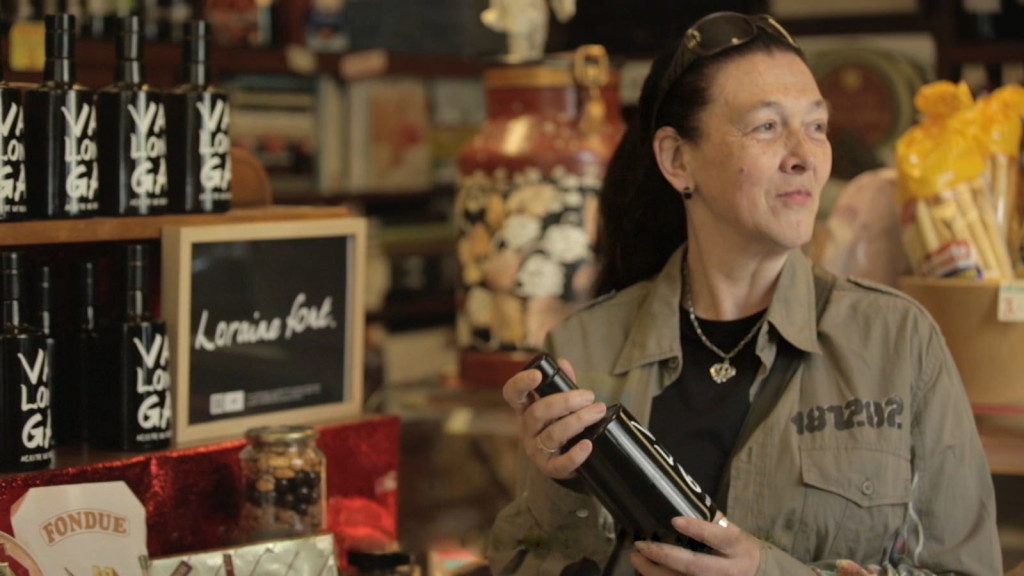April is National Poetry Month. If poetry is the kind of thing you associate with Dr. Seuss or college kids at a coffee shop open mic, you are missing out. I’m no poet myself, but as a consumer I find that one of the most important elements of any artistic pursuit – poetry or otherwise – is the perspective of the artist.
I invite you to absorb these pieces crafted by individuals experiencing homelessness, as they can explain their situation in a way no one else can. Starting with an untitled piece by Scott Abbott, which speaks about a day of homelessness in ways I hadn’t considered before:
Ankles and shoes, ankles and shoes,
Submerged beneath the financial news,
A coin may be flipped, a coin may be tossed,
A soul self serving, a breakfast of frost,
Memory fragments, drew down the curtain,
Breath still exhaled, reasons uncertain,
Herds of strangers with familiar laces,
Test acoustics of a concrete matrix,
Intruding upon a homeless muse,
Left with the vision of ankles and shoes.
To me, this poem’s imagery reminded me that too often, passerbys don’t make eye contact with people sitting or living outside, only leaving them to see our ankles and shoes as we walk away.
This next poem, an excerpt from “Dark Waters,” is only one of many from a collection by James Allison. Homeless for two years, Allison lived and wrote in his truck until a friend offered him housing. Once stably housed, Allison compiled his works and had his collection published.
Tired of false hope and false promises
and a future that is anything but secure
I am ready to leap into the dark waters
and take my chances
in what could be my only hope
of survival
He is currently housed, employed, and in good health.
I’m not the only one who has been impressed with the work of an individual experiencing homelessness. Three years ago, during Poetry Month 2011, Shalla Monteiro befriended a man living in a pile of garbage in Brazil. The poet, Raimundo Arruda Sobrinho, had been homeless for nearly thirty-five years, but he wrote poetry every day. Impressed by his writing, she started a facebook page to help get his poetry collection published.
The page attracted many fans of Raimundo’s work, including a man who already knew him – his brother. After losing touch for more than fifty years, Raimundo’s brother contacted Monteiro through her page and reconnected with his sibling.
Now Raimundo lives with his brother- and is working on publishing his work. You can get regular updates on his writing process via his facebook page and see his story – and some of his work – here:
April may be ending soon, but I invite you to read poems written by people with all perspectives – if you love poems, you can find something great. Even if you think you hate poetry, this form of writing is the one in which some people communicate best. This is your opportunity to hear them.








 Image Credit: Daily Mail
Image Credit: Daily Mail